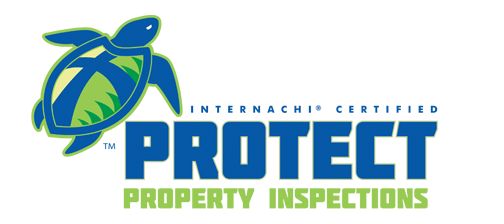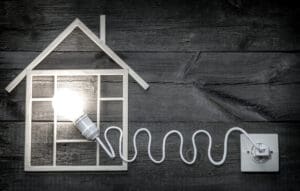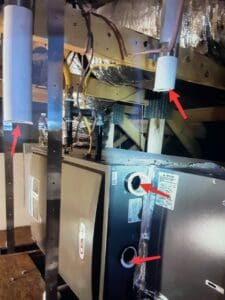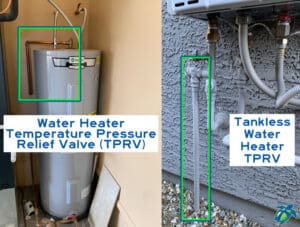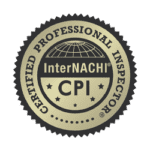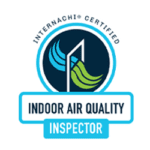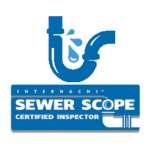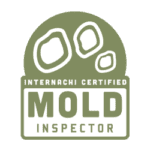
. . .You’ve just settled into your newly constructed home, excited to embark on this new chapter. However, a mere day after moving in, you’re greeted with an unpleasant surprise: your kitchen is now inundated with waste water. Swiftly, emergency services are summoned to address the situation. Curiously, a full 48 hours later, after enlisting the expertise of a home inspector to conduct a sewer scope examination, a shocking revelation comes to light. It turns out that during the construction process, a piece of lumber had inadvertently pierced a sewer pipe, a mishap that went unnoticed. To compound matters, the foundation had been poured right over this concealed issue.
Alternatively, consider the scenario where you’ve chosen a charming home in an established community, a dwelling that’s stood for a comfortable six years. But, around two months after moving in, a distressing problem emerges: your toilets are backing up and causing overflow within your living space. In response, a comprehensive sewer scope inspection is initiated. The culprit? The beautiful tree gracing your front yard. Its roots have infiltrated the pipes and have been gradually making their way down, finally causing an obstruction due to their growing size, effectively halting the smooth operation of your plumbing system.
Having a home inspector perform a sewer scope is a valuable practice for both brand new and historical homes, as it helps identify potential issues within the property’s sewer system. A sewer scope involves using a specialized camera to inspect the interior of the sewer lines and pipes, providing a visual assessment of their condition. Here’s why a sewer scope is beneficial regardless of the home’s age:
1. Early Detection of Problems: Sewer issues can arise in both new and historical homes. In new homes, improper installation, debris, or construction-related materials might inadvertently block or damage sewer lines. In historical homes, aging pipes, tree root intrusion, and corrosion could lead to sewer problems. A sewer scope can catch these issues early, allowing for timely repairs before they become major and expensive problems.
2. Preventive Maintenance: Incorporating a sewer scope as part of a routine home inspection can be a form of preventive maintenance. Identifying minor issues and addressing them before they worsen can save homeowners a significant amount of money and stress in the long run.
3. Hidden Problems: Sewer issues are often hidden from plain sight, making them difficult to diagnose without specialized equipment. A sewer scope provides a clear visual of the interior of the pipes, revealing problems like cracks, blockages, or collapsed sections that might not be apparent otherwise.
4. Informed Decision-Making: For homebuyers, a sewer scope can provide critical information about the condition of the property’s sewer system. This information can influence purchasing decisions and negotiations, allowing buyers to make informed choices based on the potential costs of repairs or maintenance.
5. Sellers’ Disclosure: Sellers benefit from a sewer scope as well. It allows them to identify any existing sewer issues before listing their home, ensuring transparency and potentially avoiding last-minute surprises during negotiations.
6. Long-Term Investment: Both brand new and historical homes are significant investments. Ensuring that the sewer system is in good condition contributes to the property’s long-term value and minimizes the risk of unexpected expenses.
7. Environmental Concerns: Sewer issues can have environmental implications, such as sewage leaks or contamination. Addressing these problems promptly is essential to maintain the safety and health of the property’s occupants and the surrounding environment.
8. Insurance and Warranty Considerations: Some insurance policies and home warranties may cover sewer-related repairs. A sewer scope can help homeowners understand the extent of coverage and any potential pre-existing conditions that might affect claims.
A sewer scope is an important selection to included in your home inspection. It is valued for assessing the condition of a property’s sewer system, regardless of whether the home is brand new or historical. It provides a proactive approach to identifying and addressing sewer-related issues, which can save homeowners money, time, and stress while ensuring the integrity and value of their investment.
